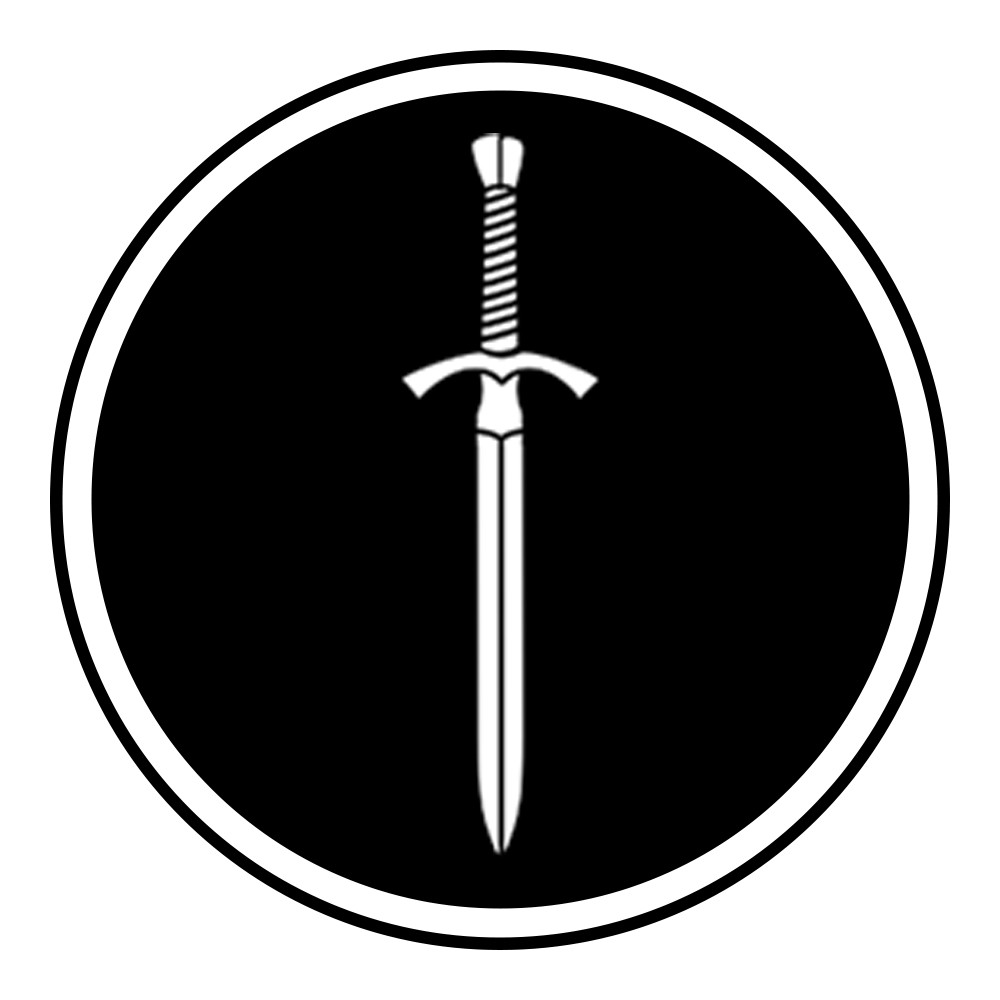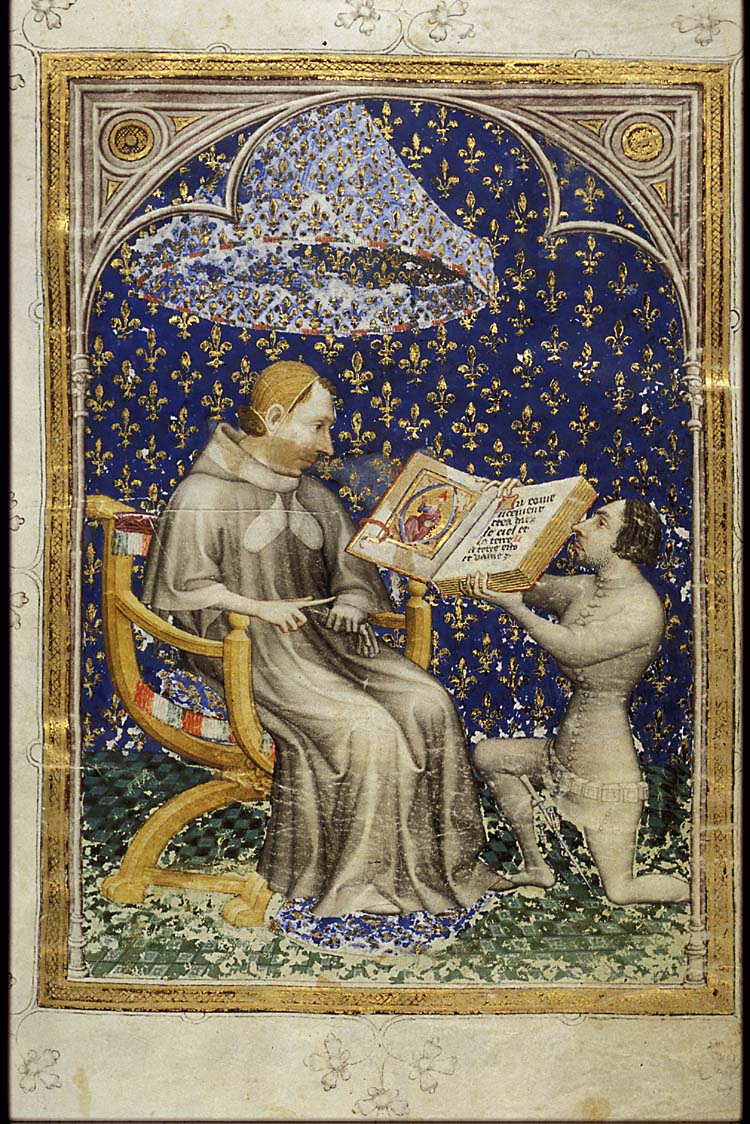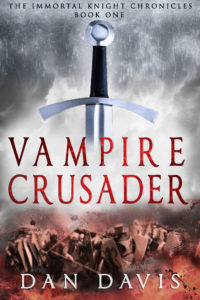I am writing Vampire Knight: the Immortal Knight Chronicles Book 4 and as always with this series that means I am also doing historical research. Right now, I am looking at authentic period names.
I have written before about the most common names in the 13th century but Book 4 takes place during the 14th century. Isn’t that pretty much the same, I hear you ask. Well, yes and no. Of course, there is continuity but also naming conventions continued to develop during that century.
One of which is the frequency of people with surnames. In the early middle ages, most ordinary fellows had no need for a surname because everybody in his parish / village / manorial estate and perhaps even market town would know him by sight and/or reputation anyway. And if there was need to distinguish between people of the same name they would be “John from Copdock” or “Big John” or “One-armed John from down Copdock way”.
Over time, with population growth and an increasingly mobile population, more advanced local administration and far higher literacy rates, surnames became more common until by about 1400, pretty much everyone in England had one. By the early 16th century, it was legislated that all births be recorded under the surname of the father. Of course, many surnames reflect the occupation of the originator, like Smith, or their lineage like Jones (John’s son). But many described a person’s geographical origin. In the middle ages, everyone belonged to a specific place and a community.
Looking for sources, I found a document online by Baron Edwin Fitzlloyd who collated it from Studies on Middle English Names by Mattias T. Lofvenberg 1942.
As well as a list of surnames, it provides an explanation of the practice used in the formation of English surnames in the 12th, 13th, and 14th centuries. I will include the prepositions here:
I. The prepositions – (parenthesis show the linguistic origins)
Aboue(n) – ‘above’ (on-bufan, later, abufan)
At – ‘at, by, near, in, on’ (æ t)
By – ‘by’ (bi,be)
Binethe – ‘beneath, below’ (beneodan)
Bisouthe – ‘south of’ (besudan)
Boue – ‘above’ (bufan)
In – ‘in, among’ (in)
Of – ‘of’ (of)
On – ‘on,at’ (on)
Ouer – ‘over’ (ofer)
Under – ‘under, beneath’ (under)
Up, (up(p)e, oppe) – ‘on, close beside’ (uppan)
II. The names
For the full list of the wonderful names, please follow the link to the pdf document. I will include some of my favourites here:
Bruggende; Cherlewode; Clench; Cokshete; Erthelond; Fysshwere; Foxtwychen; Goldhord; Hurteputt; Mulkstret; Okebench; Parrock; Plock; Roughmere; Stomp; Thornfrithe; Twychen; Whamm
That’s enough fun for me and now I must get back to writing. But let me know what your favourite names on the list are and perhaps you have an unusual or venerable English surname yourself you’d like to share? Let me know in the comments.
Cheers!
Start the Immortal Knight Chronicles today!
The immortal knight, Sir Richard of Ashbury, hunts his nemesis through centuries of war…
AD 1190, England. A young knight’s family is slaughtered. As the lords of Europe seek to retake Jerusalem from the mighty Saladin, Sir Richard swears an oath of vengeance against Earl William de Ferrers, who has returned from the dead with an insatiable thirst for violence.
Richard stalks William and his savage knights across Europe to the Holy Land, fights in the crusades’ bloodiest battles alongside Richard the Lionheart and unearths a secret of great evil under the hills of Palestine.
Vampire Crusader is a thrilling novel for fans of historical fiction and action-adventure — the kinds of novels by authors such as Bernard Cornwell, Conn Iggulden, Simon Scarrow, and Giles Kristian. This is the start of a series spanning 800 years from the 12th century to the present day and featuring the most exciting and the darkest periods of English and European history.
If you love action-packed historical fiction then get Vampire Crusader now.


